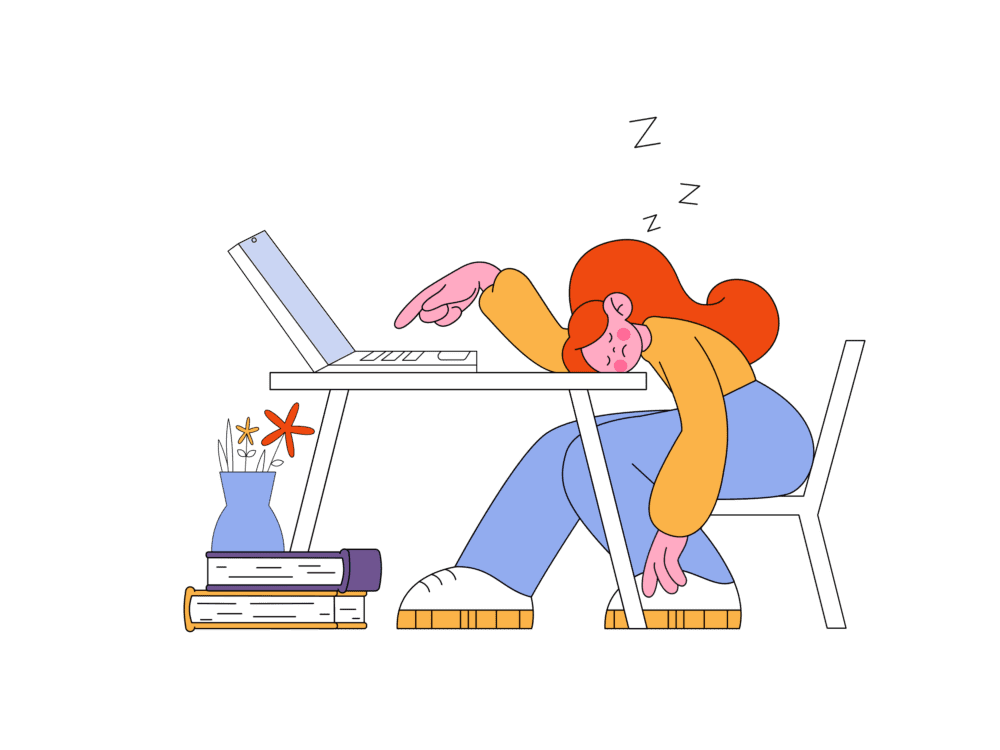Energy levels can have an impact on mental health. Many individuals struggling with mental health issues also experience a lack of energy, which can significantly hinder their daily functioning. In this article, we delve into the connection between mental health and energy levels, what it signifies, and how it can be effectively addressed.
Understanding the Link
Mental health issues such as depression, anxiety, bipolar disorder, and others can manifest in a variety of ways, including physical symptoms like fatigue and lethargy. When someone is dealing with a mental health condition, their brain and body may be constantly engaged in coping mechanisms, leading to an increased expenditure of energy. This can leave individuals feeling physically and emotionally drained even after completing simple tasks.
The Impact of Lack of Energy
The repercussions of experiencing a lack of energy due to mental health issues can be profound. It can affect various aspects of one’s life, including work, relationships, and overall quality of life. Once manageable, tasks may become overwhelming, leading to decreased productivity and motivation. Additionally, social withdrawal is common as individuals may lack the energy or desire to engage in social activities.
Recognizing the Signs of Lack of Energy
Recognizing signs of mental health-related fatigue is essential to address the issue effectively. Some common symptoms include:
- Persistent feelings of tiredness or exhaustion, even after adequate rest.
- Difficulty concentrating or making decisions.
- Irritability or mood swings.
- Loss of interest in activities once enjoyed.
- Changes in appetite or weight.
If you or someone you know is experiencing these symptoms alongside mental health challenges, it’s crucial to seek support from a qualified mental health professional.
Treatment Approaches
Treating mental health-related fatigue often involves a multi-faceted approach tailored to the individual’s specific needs. Some effective strategies include:
- Therapy: Cognitive-behavioral therapy (CBT) and other forms of psychotherapy can help individuals identify and address negative thought patterns contributing to fatigue.
- Medication: In some cases, medication may be prescribed to manage symptoms of mental health disorders, which can indirectly alleviate fatigue.
- Lifestyle Changes: Incorporating regular exercise, maintaining a balanced diet, and practicing stress-reduction techniques like mindfulness or meditation can all contribute to improved energy levels.
- Sleep Hygiene: Establishing a consistent sleep schedule and creating a relaxing bedtime routine can promote better sleep quality, thus reducing fatigue during the day.
- Social Support: Building a strong support network of friends, family, or support groups can provide encouragement and understanding during challenging times.
- Self-Care: Prioritizing self-care activities such as hobbies, relaxation, and spending time outdoors can replenish energy reserves and improve overall well-being.
Conclusion
The relationship between mental health and energy levels is complex. While experiencing fatigue as a result of mental health issues can be challenging, it’s essential to remember that effective treatment and support are available. By recognizing the signs, seeking help from qualified professionals, and implementing appropriate strategies, individuals can regain control over their energy levels and work towards improved mental and emotional well-being. Remember, you’re not alone, and there is hope for a brighter, more energized future.
Ready to begin? Start your online therapy journey today. Book your first session now.




